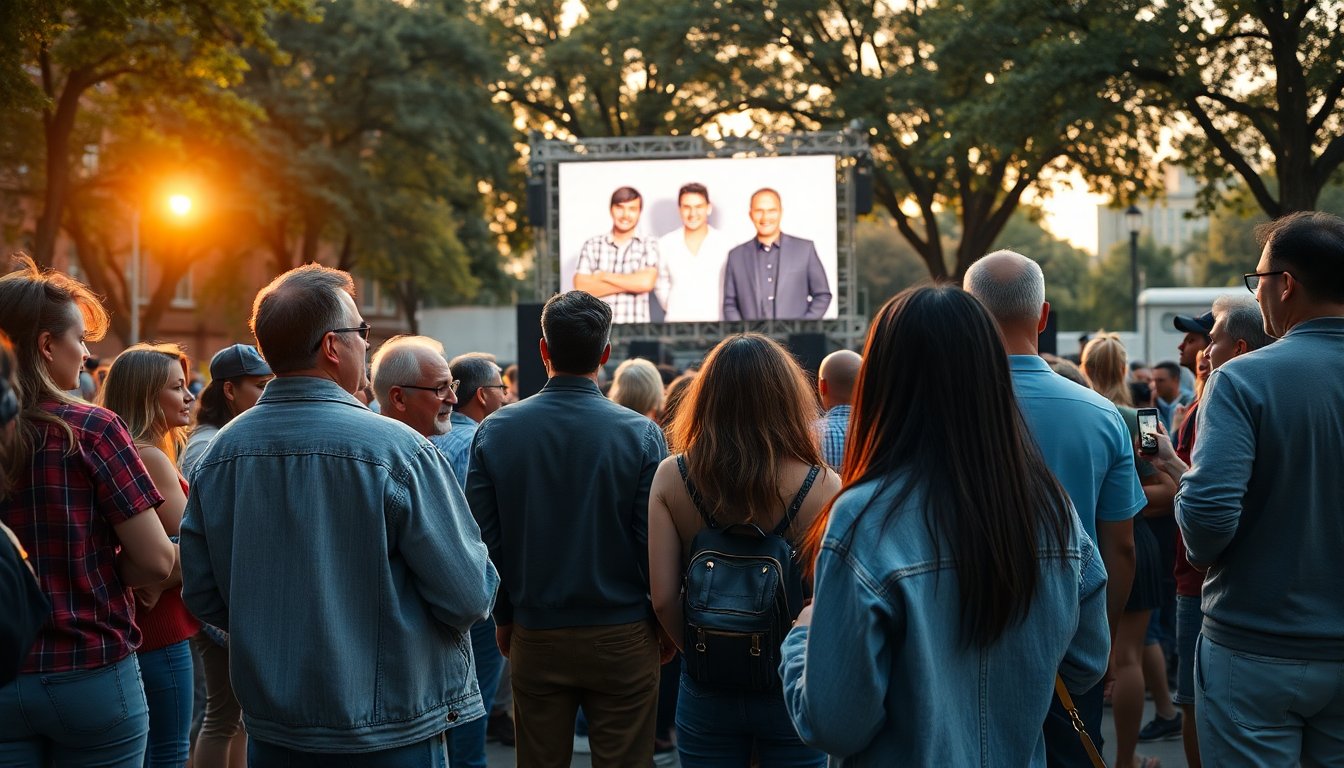Table of Contents
The realm of American celebrities has long been a fascinating and influential part of popular culture. From film stars to musicians, athletes to social media influencers, their impact transcends mere entertainment, shaping societal norms, trends, and even political narratives. As we delve into the evolving landscape of American celebrity culture, it becomes evident that their role is continuously changing, influenced by technology, media, and public perception.
The rise of social media influencers
With the advent of the internet and platforms like Instagram, TikTok, and YouTube, a new breed of celebrities has emerged: the social media influencer. Unlike traditional celebrities, who gained fame through film, music, or television, these individuals build their brands through direct engagement with their audiences. They share personal experiences, lifestyle choices, and even political views, often cultivating a loyal following that rivals that of conventional stars.
Authenticity and relatability
One of the defining features of social media influencers is their perceived authenticity. Unlike traditional celebrities who often appear distant and unattainable, influencers present themselves as relatable figures. This relatability fosters a sense of trust and connection with their audience, leading to a powerful influence over consumer behavior and trends. Brands increasingly leverage this connection, partnering with influencers to promote products in a way that feels more organic and less commercial.
Celebrity activism and social movements
In recent years, many American celebrities have taken on active roles in social and political issues, using their platforms to advocate for change. Figures like Oprah Winfrey, Leonardo DiCaprio, and Beyoncé have not only used their fame to raise awareness about critical issues such as climate change, racial equality, and mental health, but have also mobilized their fans to take action.
The influence of celebrity endorsements
Research has shown that celebrity endorsements can significantly impact public opinion and behavior. For instance, when a celebrity champions a cause, it can lead to increased donations, volunteerism, and awareness. This phenomenon highlights the responsibility that comes with fame; celebrities have the power to sway public sentiment and drive social change, making their involvement in activism both a privilege and a profound duty.
The impact of reality television
Reality television has transformed the concept of celebrity, creating figures who are famous for simply being themselves. Shows like The Kardashians and Survivor have blurred the lines between reality and scripted entertainment, allowing audiences to glimpse the everyday lives of these individuals. This genre democratizes fame, suggesting that anyone can achieve celebrity status, thus reshaping the public’s perception of what it means to be famous.
Cultural implications of reality fame
The rise of reality television celebrities has cultural implications. It raises questions about the nature of celebrity culture and what society values. As viewers become enamored with the lives of reality stars, the focus shifts from traditional achievements—such as artistic talent or athletic prowess—to personality traits and drama. This shift challenges conventional standards of success and achievement in American society.
The role of American celebrities continues to evolve in profound ways, influenced by social media, activism, and changes in entertainment. As they navigate this complex landscape, celebrities hold significant power to shape culture and impact societal norms. Understanding this dynamic is crucial, as it not only reflects our values but also informs how we perceive celebrity and its implications for the future.


